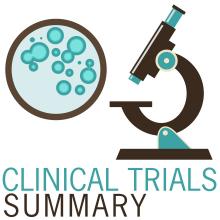A single-arm study is being conducted at the Ohio State University Comprehensive Cancer Center, Columbus, to assess transoral robotic surgery (TORS) for oral and laryngopharyngeal benign and malignant lesions using the da Vinci Robotic Surgical System.
The study started in 2007, and the estimated completion date is December 2020. Investigators hope to enroll 360 adults.
The goal is to determine the feasibility of TORS in patients with benign and malignant lesions; the impact of TORS on operative time, blood loss, and complications; and the quality of life of TORS patients out to 8 years. The investigators are also measuring the efficiency and accuracy of surgeons who perform the procedure to quantify the learning curve.Patients are scheduled for regular postop visits to assess quality of life and other matters. Those unable to return to Ohio State University are contacted by phone or provided with the questionnaire by mail.

